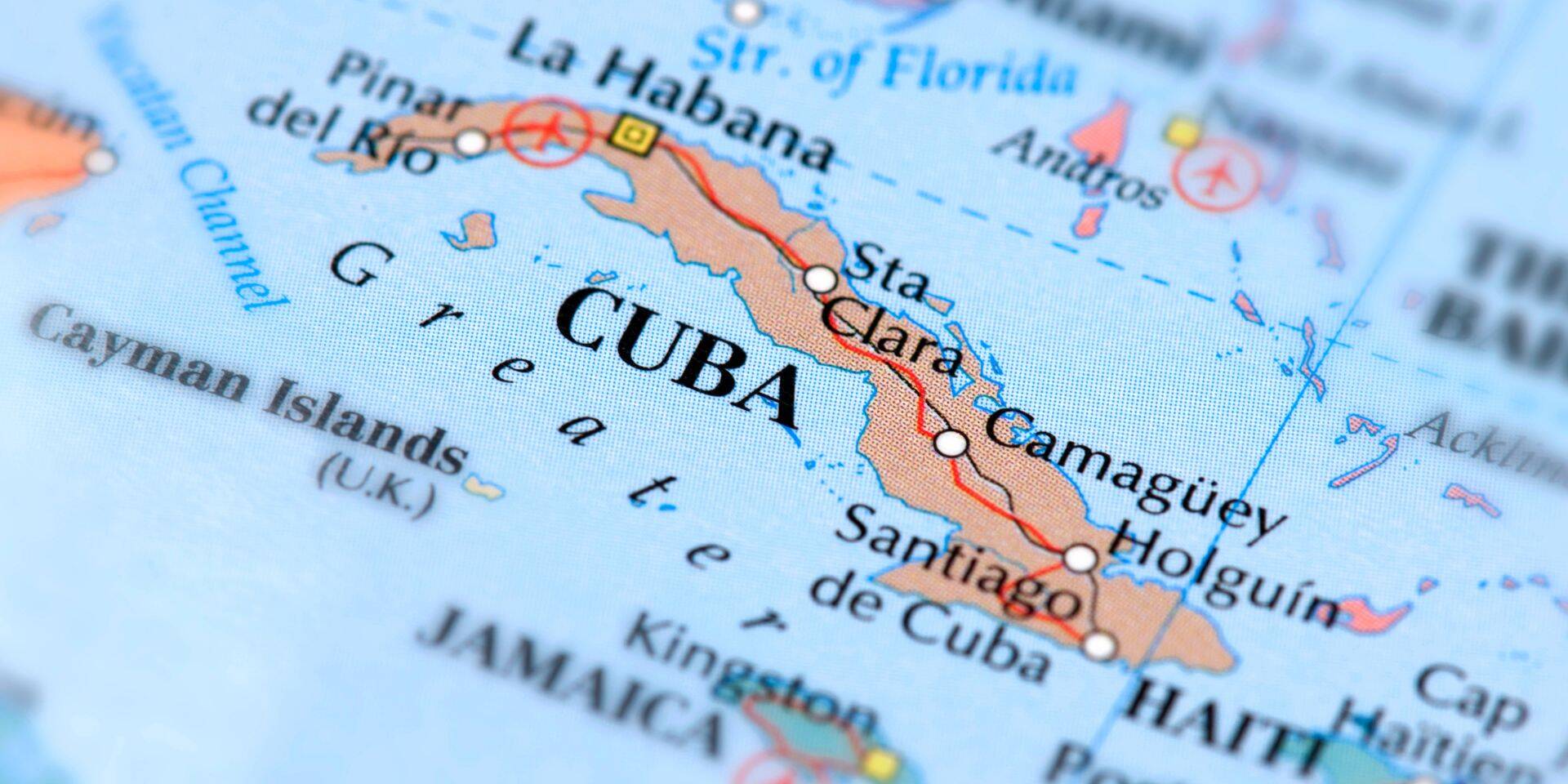Individuals traveling to the U.S. and requesting an exemption from COVID-19 testing and vaccination protocols under the national interest exception (NIE) will most likely be unsuccessful. The U.S. Department of State (DOS) confirmed that only in ‘extremely rare’ circumstances will the NIE exemption be granted.
Per CDC guidelines following the end of the country-specific travel restrictions, all adult air travelers to the U.S. must have proof of COVID-19 vaccination and a negative test result within three days of travel. For those arriving in the U.S. by land, individuals are allowed to enter the U.S. if they are fully vaccinated against COVID-19 and provide proof. For land and ferry entry only, unvaccinated travelers may continue to cross the border for essential travel, including lawful trade, emergency response, and public health purposes. Requesting an exemption from these standards should be avoided as it is highly unlikely it will be granted.
Per the DOS, national interest exceptions will be considered on a case-by-case basis, however, getting approval will be extremely rare. Previously, under the country-specific travel restrictions, NIEs had been granted more broadly. The U.S. Department of Transportation (DOT) and the U.S. Department of Homeland Security (DHS) does have the authority to grant NIEs to air travelers, per the CDC rules.
Some categories of individuals, including minors (under 18), people with medical issues who are unable to get the vaccine, and those from countries with low vaccine availability, do have exemptions from the guidelines.
It is likely a further backlog for visa appointments and interviews will result now that the country-specific travel restrictions are rescinded. The DOS stated they are prioritizing the most urgent visa services. Included in this group are U.S. citizen immediate family members, intercountry adoptions, some special immigrant visas, and fiancé(e)s. For nonimmigrant visas, the most urgent travelers, foreign diplomats, students, exchange visitors, and then temporary employment visas.
If you have questions about traveling to the U.S. or any other immigration-related issue, contact us at ILBSG. We continue to monitor ongoing policy changes and make sure you get the right advice.
Related Posts
April 2, 2025
Judge Rules Venezuelans Can Temporarily Keep TPS Protections
A federal judge temporarily halted the…



